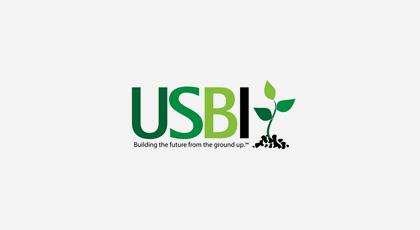
Meet a Biochar Practitioner
FRED HORTON, President and CEO
Standard Biocharbon
East Millinocket, ME
Q Why has Maine a been a good place to start your biochar business?
A My brother and I grew up in Portland and our parents were environmental entrepreneurs, importing woodstoves from Norway in the 1970s. Generations of Mainers have been managing and harvesting wood for lumber, paper, and biomass power production. Our state is known for its sound forest stewardship. Biochar production leverages Maine’s natural and human resources and legacy infrastructure in a new, scalable industry.
Q What does the future of biochar look like to you?
A I think the future has more promise for large-scale, high-quality biochar producers, rather than small, one-off, customized facilities because they can ensure commercial biochar product users high enough volumes to warrant investment in developing profitable applications. “You can’t expect someone to design an internal combustion engine until you can ensure them that you have a supply of gasoline.” Our two-year-old company’s business goal is to build a clear path to scale to 1 million tons or more of biochar.
Q How can biochar help restore the demand for low-grade wood?
A Maine paper mills and biomass powerplants have closed and moved out of the region causing the demand for low-grade wood to drop and the economy to decline. This lack of demand has had an impact on forest land and mill owners who have lost a market for their waste by-product. Our biochar industry could replace the paper industry as a user of low-grade wood products – an option that could appeal to local, state, and federal governments who want to bring more jobs to the area.
Q Some people criticize biochar production because they believe it reduces the tree canopy and wildlife habitat.
A We don’t believe in cutting trees. We use waste by-product – low-grade wood – that would otherwise be combusted or made into paper or compost. There’s enough thinning, excess, waste, and low-grade wood that is being harvested anyway. We also process this waste by-product on existing saw mill sites which eliminates the need to transport it using fossil fuels. When paper mills or power plants buy this wood, they incur the cost and labor of hauling it from sawmills to their or mill or plant.
Q Why does Standard Biocarbon locate processing facilities on sawmill sites?
A Partnering with sawmills is key to our business model. There’s a great deal of waste wood in the woodshed. Also, the energy used to produce biochar on-site can also deliver thermo-energy that our sawmill partners need to help them operate 24X7 365 days per year. One of Standard Biocarbon’s critical partners is Pleasant River Lumber (PRL) which operates five Maine sawmills and is one of the state’s largest private employers. PRL uses our thermal energy to run their kiln systems as well as a diversified biochar product line that will someday be an important product for their business.